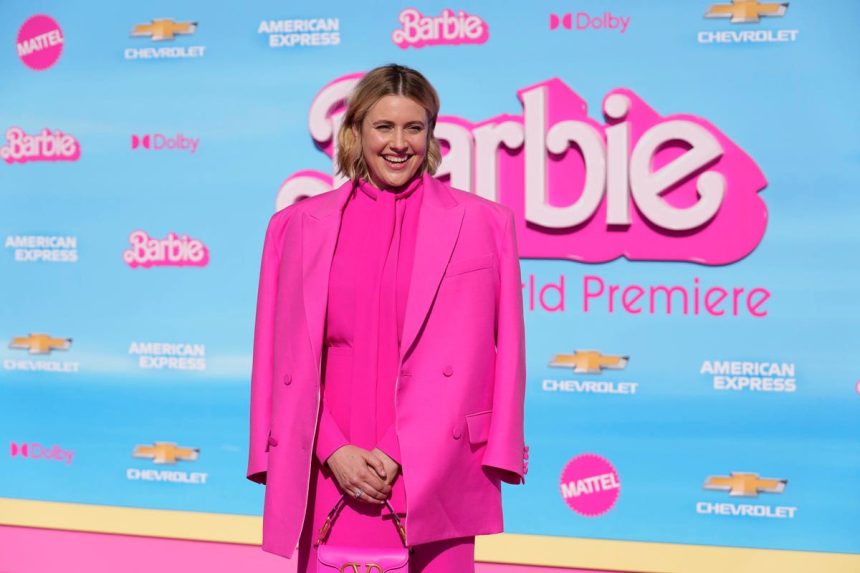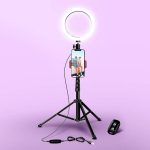Greta Gerwig made history this weekend when Barbie achieved the biggest debut ever for a film directed by a woman. Her success will undoubtedly help up-and-coming female directors.
With $162 million in North American ticket sales, Barbie shattered the first-weekend record for a film directed by a woman. The top spot was previously held by Patty Jenkins, director of Wonder Woman, which opened to $103.3 million. And Captain Marvel, co-directed by Anna Boden, earned $153.4 million on its debut weekend.
The number of female directors of top-grossing films remains extremely small. According to Kirsten Schaffer, the CEO of the advocacy organization Women in Film, “The percentage of women directing the top-grossing movies is once again stuck at 14% according to recent research from ReFrame. It is a deeply entrenched system that prioritizes people who have done it before, and most of those people are men. Unless studios and employers take action towards gender-balanced hiring, it will be decades before we achieve gender equity for directors.”
But the profession has not always been so gender-imbalanced. “During the silent era, women can be said to have dominated the industry. There were over thirty women directors prior to 1920, more than at any other period of film history… the women directors were considered equal to, if not better than, their male colleagues,” Anthony Slide wrote in his book, Early Women Directors. His research suggests it’s not a lack of interest holding women back.
In the present day, women are not only less likely to be selected for the director role but also less likely to be recognized for their work. Out of all the nominations for best director in Academy Award history, only seven, or approximately 2% have been women. Only three women have won the award. Gerwig was nominated in 2017 for Lady Bird but went home empty-handed.
One explanation for the dearth of female directors is the lack of female role models. “You have to see it to be it” is attributed to Billie Jean King and suggests girls and women need role models like Gerwig for inspiration. Just witnessing Gerwig’s success may influence the career aspirations of future generations.
“Greta has been front and center in the Barbie campaign, inspiring the next generation of women to take on leadership roles, especially directors. This is why it is so important for directors to reflect the population, particularly those from underrepresented genders and women of color,” Schaffer says.
Researchers have established the importance of role models for women considering a male-dominated profession like directing. For example, in one study, when students were exposed to successful and charismatic women who majored in economics at their university, they were 8% more likely to major in economics. Exposure to Gerwig could have a similar impact for those considering a career in directing.
Encountering female role models like Gerwig has also repeatedly been shown to reduce unconscious bias. One study shows that students exposed to women famous for their contributions to science, law and politics were less likely to hold stereotypic beliefs about women. Another study found that the more female course instructors students encountered, the less likely the students were to express gender stereotypes. Similarly, witnessing Gerwig’s success may make studio executives less likely to think “man” when looking for their next director.
Yet another explanation for the lack of female directors is that the stories women want to tell are often not deemed profitable by the studios. However, women played a significant role in driving the historic Barbie opening, comprising 65% of the audience. This sends a powerful message to industry executives that female audiences can indeed drive blockbuster results.
Gerwig’s groundbreaking achievement holds great promise for up-and-coming female directors. Her success will inspire future generations of women to pursue directing and challenge the deeply entrenched biases in the film industry.
Read the full article here









